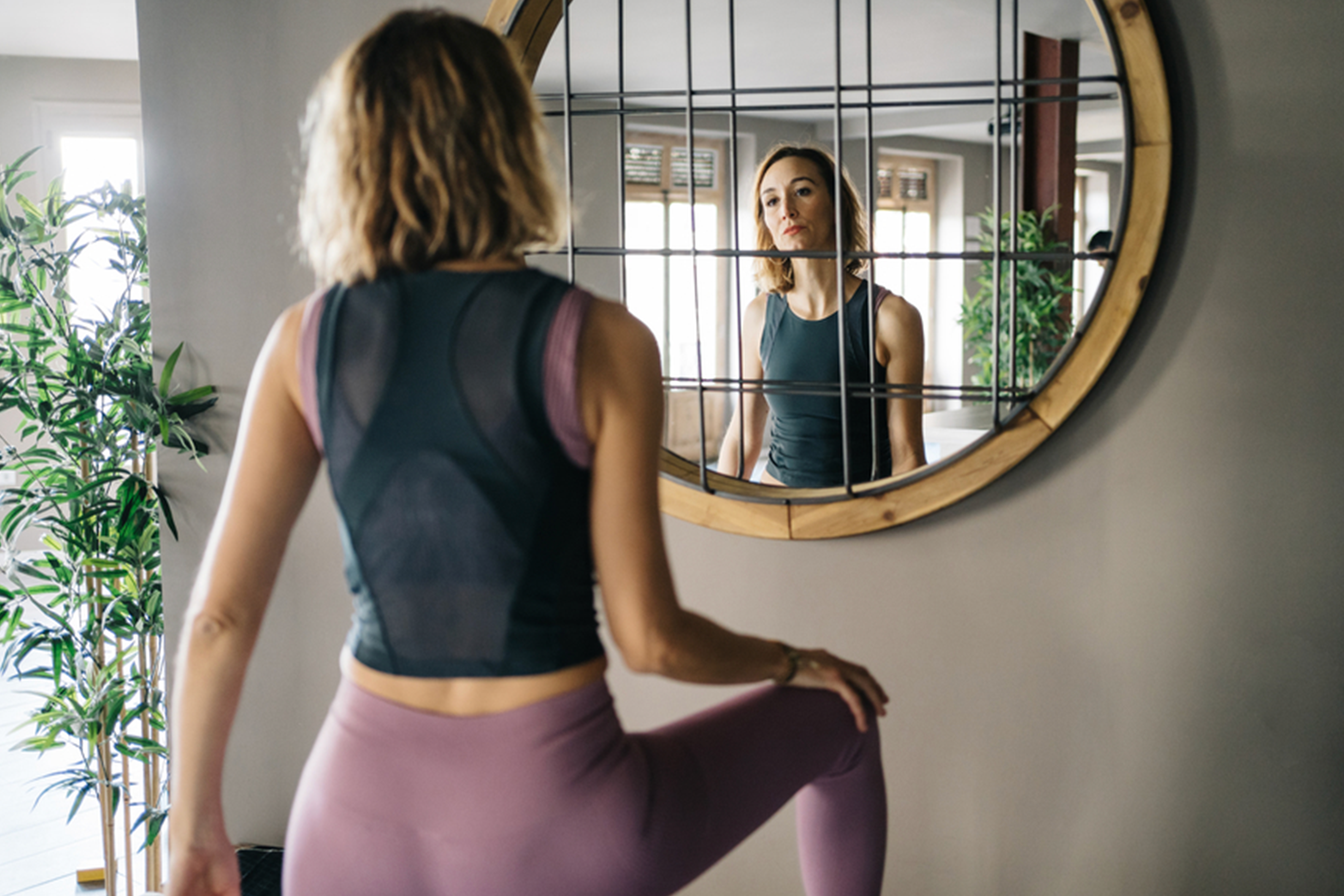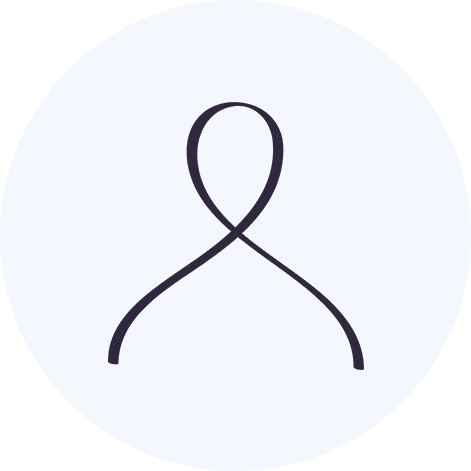chen chen's Story: My Doctor Wanted to Give Me a Mastectomy Before I Was Diagnosed


chen chen is a Breastcancer.org Community member in China.
The doctor looked at my mammogram and MRI results, he said with a tone of nonchalance:
“There’s a very high chance you have breast cancer, you need to have a surgery ASAP to remove the lumps and see if they’re cancerous. It’ll be a big surgery so there’s some papers you need to sign and tests need to be done.” Then he started to show me the reconstructed breasts his previous patients had done — in his phone!
The first thought that came to me was, "Why it would be a big surgery since my breasts are so small that you won’t even notice them if weren’t for my bra?" It would have been considered a small cut even if they remove my whole breasts. Then I thought it wouldn’t have been so bad if I had a double mastectomy. I could get bigger ones, looking at the photos he showed me. (Turns out doesn’t work that way, still need to stick with original size.)
But if I have the surgery then how can I swim? Especially as I was in the midst of learning the butterfly stroke. I’m not an athlete, by the way, I just love swimming. My swimming coach thought I was training for the Olympics. He’d never seen any student spend hours in the pool like me.
With this terrible news somehow I felt extremely lucky because I just finished reading Man’s Search for Meaning by Viktor Frankl and was going deep with his work that summer, making pretty notes (which I love doing whenever I read some books that resonate with me so much). I would have written an email and reached out to him and told him how much I loved his books if he were alive. So I saw this as a test for me. I tried to apply logotherapy, give some meaning to myself on receiving this terrible news. I was calm and starting to ask questions on my condition and reasons why I couldn’t just have a biopsy with a needle instead of this drastic removal of my lumps.
Then this weeping sound disrupted my conversation with the apathetic doctor. I totally forgot my sister was behind me. I turned back, saw her eyes with tears, and she cried out to the doctor, “But she’s so young! She isn’t married yet! She hasn’t got the chance to be a mom!! How can this happen??”
I was like, "Really, sister? I’m not married is your first concern??" I consoled her and made sure she understood I’m not going to die, of all the cancers breast cancer is the easiest one to treat, the most developed one.
And the bald, apathetic old doctor finally chimed in, “No need to worry much! She is in very early stage if it turns out is cancer. If not, after the surgery you can just go home! Now do you want to have implants or not? I need the answer and implants are not covered in health insurance.”
I really wanted to get out of this room and get rid of this creepy old man, a well-established breast cancer specialized doctor. I signed all the papers that I needed to do for pretests before the surgery, then I left with my tearful sister.
My sister told me to hold on and she started to make calls in the hallway, asking her doctor friends and explaining my condition. She couldn’t help burst out crying on the phone and it took me tremendous will and strength not to tear up seeing her cry like that. I looked away and tried to think of some encouraging things to say.
“It’s fine. I will be fine! Even the worst case scenario is just losing my breasts, plus I’m very early stage. We’re in Beijing, we’ve got the best doctors and hospitals here.”
Next day I went swimming. In the afternoon, I went to the journalism series discussion at the US Embassy. I was the life of the party. I made everyone laugh.
We didn’t go back to that doctor, we tried to look into other hospitals but the appointments were incredibly difficult to make. Turned out many people had breast cancer in China and they all came to Beijing to get treated. That summer my sister drove me around. Most days we were in and out of the hospital, waiting in line, exhausted. I always had books or breast cancer 101 resources with me to read. There were often some old and young women waiting for their chemotherapy, hairless, pale. My sister was quite social, she started to chat with them and their family and when they told her the suffering they had to go through during chemo, she started crying again.
I hurried up and dragged her away, because I couldn’t hold my tears to see her tear up. “Stop listening to them! They don’t know anything about breast cancer and mine is a different case than theirs. I won’t have to do chemo even if it is cancerous. Please let’s just wait till we see the doctor.” Slowly, I held my tears without any sign of tearing up while explaining it as rational as I can.
“I just... worry... that... you will be in so much… much pain to go through all of that,” she choked up.
“I won’t! Chemo isn’t my treatment and won't be!” I said it with assurance but I was not sure either. I walked out to calm myself down and thought of Viktor Frankl.
Nobody in my family except my sister knew about it. I had to understand the burden and the guilt she carried to not tell and still act like normal when my parents called.
In the end I had a female doctor I felt I could trust and under her advice I went for a needle biopsy. Result was good, not cancerous. She said I shouldn’t let my guard down, need to come back in a year and test again.
It was such a relief. Finally my world wasn’t just around the hospital.
That week I was back in the journalism discussion again. The facilitator asked everyone to share some nice thing happened for the past week. It’d be too much to share my biopsy result. So I shared, “I’m very lucky to encounter Viktor Frankl’s work.”